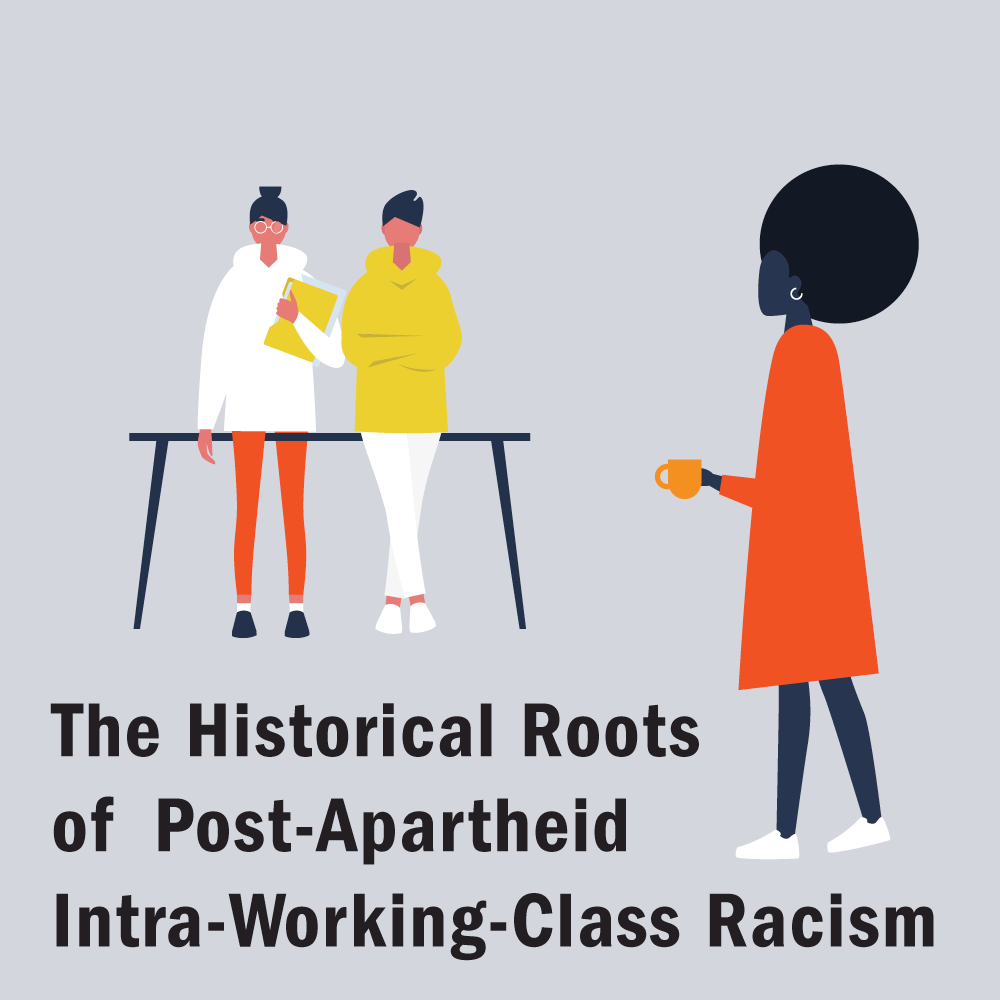The historical roots of post-apartheid intra-working-class racism
Main Article Content
Abstract
Both European colonialism and apartheid shaped the economic history of South Africa, at the heart of which was the super exploitation of Black labour for the benefits of capital, the state, and white labour. While the early mercantile and agricultural economic stages influenced South Africa’s racial capitalism, it was the era of the mineral revolution in the late 19th century – as well as the attendant imperative for cheap, Black labour – which formed the bedrock of the Union of South Africa in 1910 and later necessitated the rise of the apartheid state. With vested interests in the racist and later racialist order, which constituted them as the racialised labour aristocracy, white labour conceived of its identity – in racial and cultural terms – as part of European society. Consequently, an increasing social gulf emerged between Black/African labour and white labour, whose world outlooks were deeply immersed in racist metaphysics. Post-apartheid South Africa has inherited this dual, contradictory, and mutually antagonistic historical consciousness. This has been exacerbated by poor economic performance based on a neo-liberal framework, the social visibility of the often-self-assertive emerging Black middle class resulting from government affirmative policies, and the relative impoverishment of the white working class as they begin to face the cut and thrust of labour market with no preferential state cover. In view of this history of racialised capitalism, racism in post-apartheid South Africa is largely located within the Black and white working-class socio-economic space, as the latter forfeited its racially vested interests while the former derive the benefits of corrective state action.





